Following a successful world tour with private screenings and a premiere at the Warsaw Film Festival last year, 'Bucha' is now set for wider distribution across Europe, with hopes of reaching a global audience.
Stories from the battlefield are often told through the lens of soldiers, but in Ukraine, the true heroes of the ongoing war are the civilians who have been thrust into unimaginable circumstances.
'Bucha', described as the first feature narrative film shot in Ukraine since the Russian invasion, brings these untold stories to life.
After premiering at the Warsaw Film Festival last year and being screened at the European Parliament in Brussels, the film has gained significant attention for its powerful storytelling. It follows the real-life story of Konstantin Gudauskas, a citizen of Kazakhstan who saved more than 200 people from the occupied territories in spring 2022.
As the war continues to ravage the country, 'Bucha' remains a crucial and timely watch. Euronews' Sasha Vakulina sat down with Oleksandr Shchur, the producer and screenwriter of the film, and Vasyl Kushmuns, Vice President of Promote Ukraine, to discuss the importance of sharing these stories and how cinema can be a "weapon for truth".
Euronews: Tell us about the film.
Shchur: 'Bucha' is a feature film based on the true story of Konstantin Gudauskas, a citizen of Kazakhstan, who saved more than 200 people from Bucha and other occupied territories in the spring of 2022. We aimed to show what really happened during that time. All the Ukrainian characters in the movie are real, and their stories are genuine. As the screenwriter, I personally met with them, listened to their experiences, and tried to convey the reality of what happened in Ukraine.
Is it fair to say that this was the hardest job you've ever done?
Shchur: Yes, it was. Before this, I was a comedy writer. I worked with Volodymyr Zelenskyy for 15 years when he was still an actor, writing comedy movies. But when the war started, I became a volunteer and wanted to use my skills in the best way I could - through shooting and filmmaking. When I first heard this story on the news, I knew it would resonate with everyone around the world. It’s interesting because, while it’s expected that Ukrainians save Ukrainians, here we have a Kazakhstani citizen - a Lithuanian Jew -who chose to stay in Ukraine, risk his life, and save others. It’s a powerful message that no one can stand aside when faced with such evil.
Some argue that war movies should wait until after the conflict to allow for appropriate reflection. This war is ongoing, with fierce fighting still happening in parts of Ukraine. What would you say to those who believe it’s too soon?
Shchur: First, there are several powerful examples of films made during wartime. For example, Charlie Chaplin’s The Great Dictator was released in 1940 while London was being bombed by the Nazis. Casablanca came out in 1942 as the war continued. More recently, Kathryn Bigelow’s The Hurt Locker, an Oscar-winning film about the Iraq War, was made while the conflict was still ongoing.
But there’s another important reason to act now. We know that Russia spends billions of rubles on propaganda movies, often in English, to spread their narrative worldwide. If we don’t tell our true stories, some people might believe the narratives that Russia promotes. While I believe that many great films will be made in 10 or 20 years, someone has to be the first to tell the truth now.
Well, that's interesting because that's what I wanted to ask you to follow up - when the horrors of Bucha were revealed, Russia claimed it was all staged, calling it Ukrainian propaganda. How do you use this movie as a weapon to counter that narrative and show the truth of what people lived through?
Shchur: You’re very right. For example, we showed the trailer to a big Hollywood producer from a major company. He told us they wouldn’t take the film onto their streaming platform because they didn’t know the true reality - maybe it was Ukrainian propaganda, as Russia claims.
But in our film we include very, very long end credits showing the real names, photos, and stories of all the Ukrainian characters. We’ve also made a documentary about the making of the movie, so anyone wanting more information can find it. Still, for those who don’t want to believe, no amount of evidence will change their minds.
Take the case of the Malaysian Boeing shot down by Russia more than ten years ago. Despite huge papers of evidence presented in court in the Netherlands, Russia continues to claim it’s false and that Ukraine hid the plane. Therefore, those unwilling to accept the truth will always find ways to deny it.
Your film was recently screened at the European Parliament. What was the reaction like there?
Kushmuns: The story deeply touched everyone. People came up to me afterward, saying we did a great job. The Russian antagonists in the film are not portrayed as "stupid Russians," but as educated individuals with deep cultural knowledge who are still on the side of evil. It shows that standing up to evil transcends nationality or origin - it’s about humanity.
Pina Picierno, the Vice President of the European Parliament, praised the film, saying it should be shown in every EU member state. She even said she would be promoting it in Italy and convincing other MPs to do the same. This is not about persuading people to adopt our views - it’s about showing the facts, the truth of what happened. If you have even a bit of humanity in your heart, this story will touch you.
One particularly powerful scene in the film involves a girl escaping from a torture camp by stepping over the body of a man who sacrificed his life to protect her from being raped. It’s a moment that you cannot ignore.
Do you plan to show this movie also to the wider European public and audience apart from the EP?
Shchur: Yeah, of course. We have already started our distribution. We had an official worldwide premiere at the Warsaw Film Festival in October, where we received the second place award from 57 movies. And we already have distribution in Canada from the 1st December. And we are in negotiations to show this movie as widely as possible. We already have an agreement with Portugal, with Poland. And of course, we want to have not only European distribution, but also in America or Latin America and Asia.
Finally, a question for both of you. Traditionally, for viewers in countries not at war, war movies focus on soldiers and the frontlines. Now your movie, however, centres on civilians who, in the midst of the conflict, became heroes by saving others, despite not being military. How important is it to show this aspect of the war? It’s clear that war is not only fought on the frontlines, but that it's touching every civilian, especially in a large country like Ukraine.
Shchur: Yes, I agree. This movie shows that all Ukrainian civilians never imagined the war would reach their homes. It also highlights the idea that no one can feel truly safe when a dictator or regime with imperialistic ambitions exists. A lot of people believe such a situation will never affect them, but sometimes a situation hits you so fast that there’s nothing you can do.
Kushmuns: For me, once again it’s important to note that this is a film about human beings and the choices we make. Our lives are not simply black or white - it’s more like a checkerboard, and our lives depend on the choices and steps we take. The film portrays hard decisions, like when the hero is faced with a moment of moral conflict. At one point, people stop his car, pleading for him to take them, but he’s already full. They beg him to squeeze them in, but he understands that taking them would risk everyone’s lives, so he refuses them. It’s an incredibly difficult human choice for him.
For the hero, it showed progress in his personal evolution. When he first receives a request for help, he refuses. But as the film progresses, he becomes more brave. As one little girl tells him, brave people are also scared, but the difference is that brave people keep moving forward. This moment motivates him to continue his journey. By the end of the story, he’s willing to take a bullet for the truth. He directly says to Russian soldiers, "This is not your land, and you will not decide what happens here."

 2 months ago
29
2 months ago
29
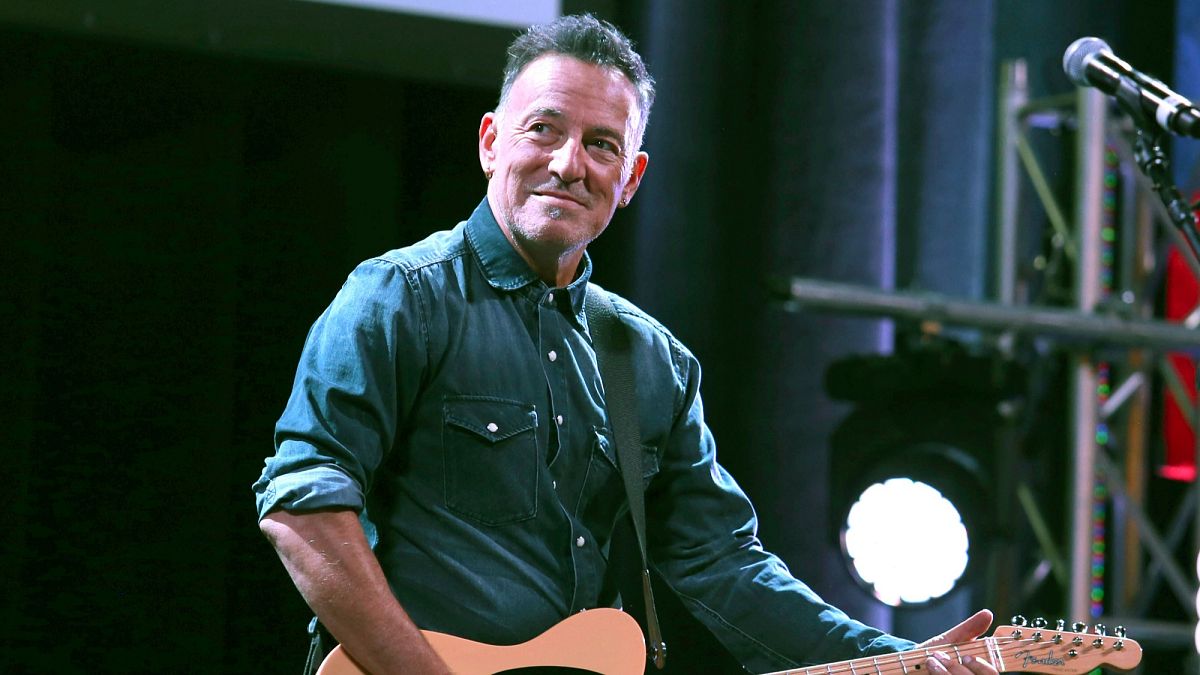
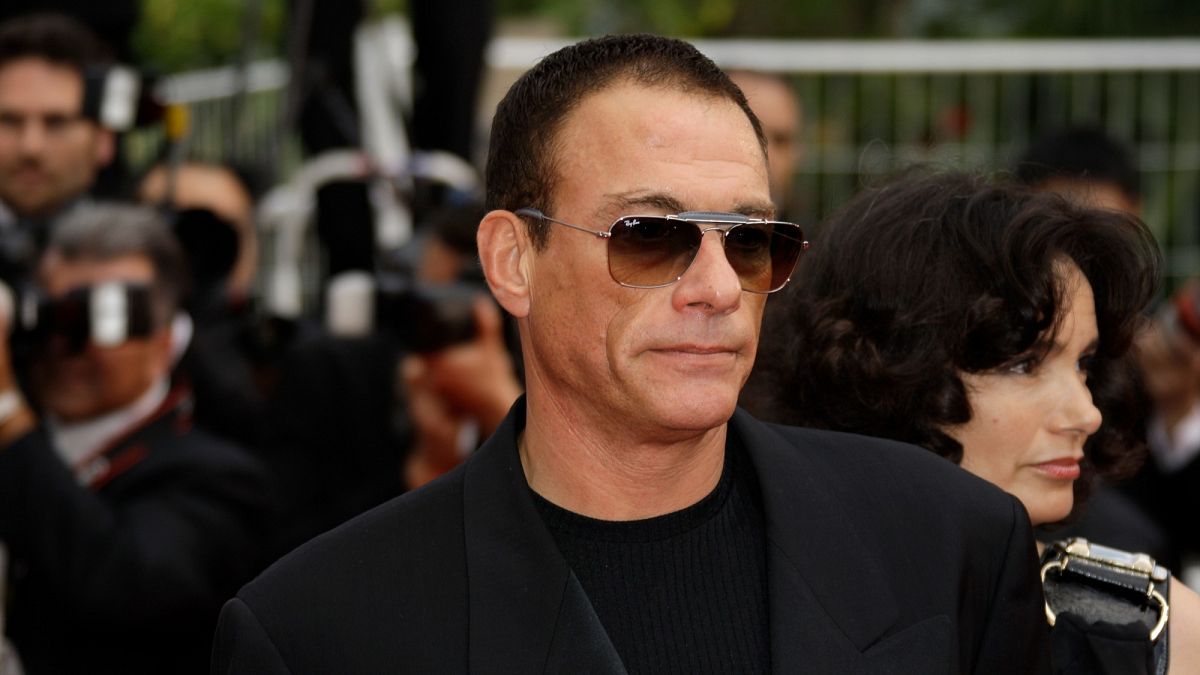
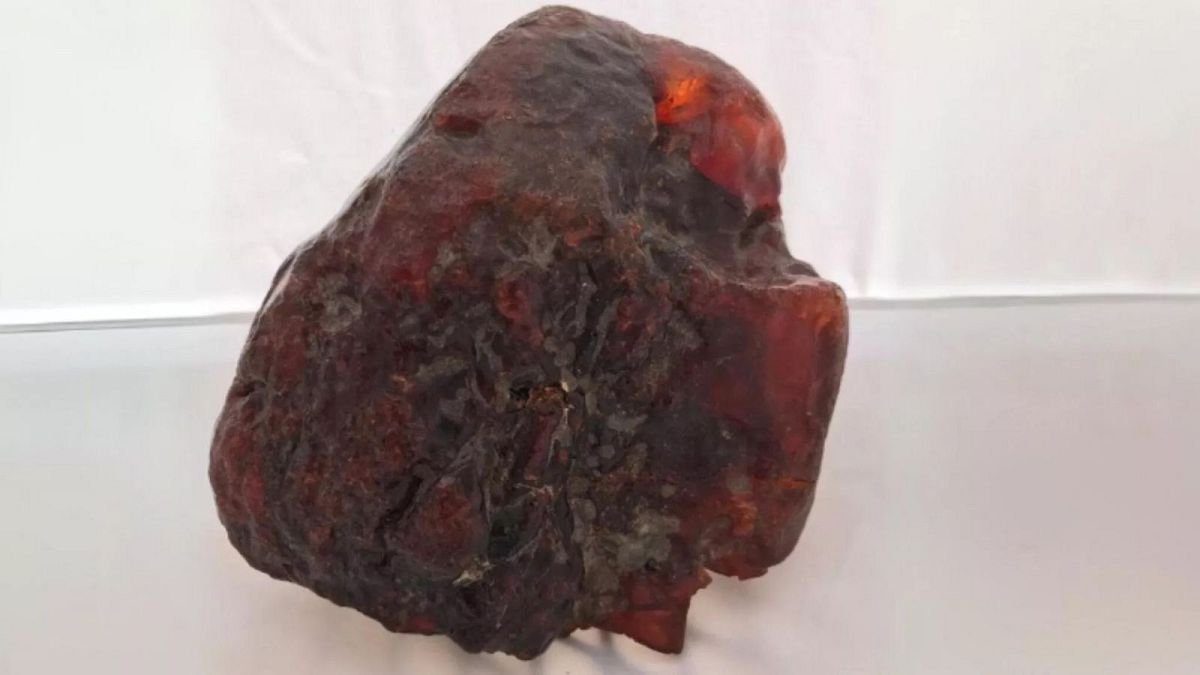
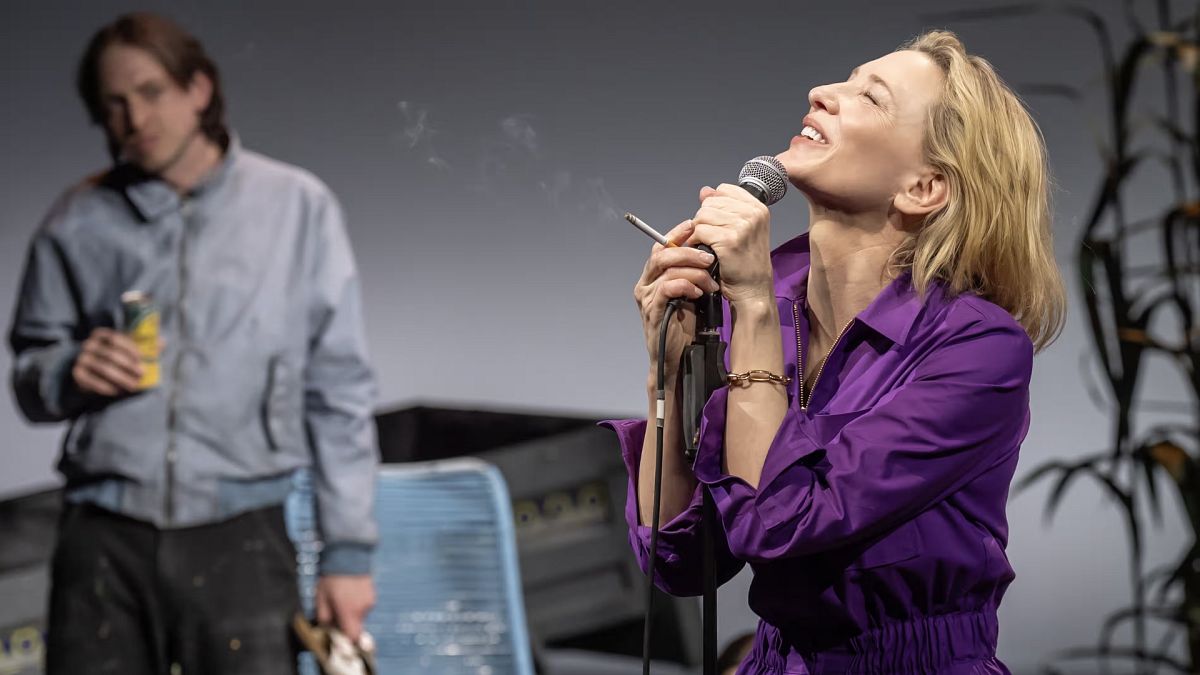
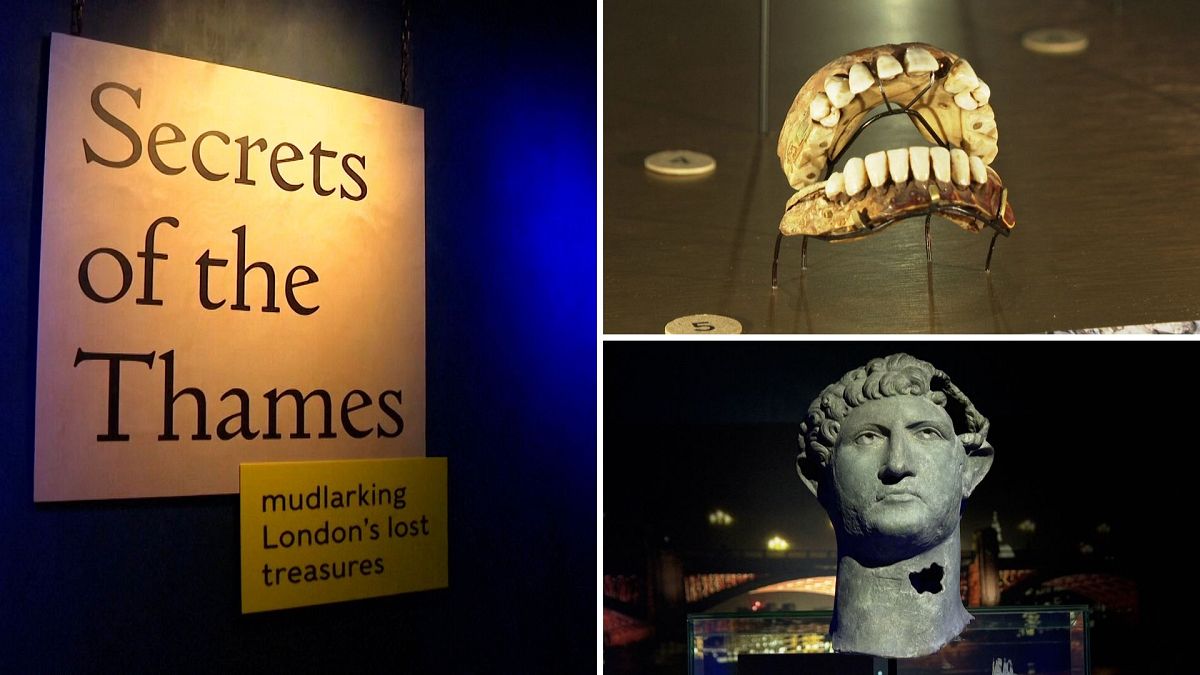
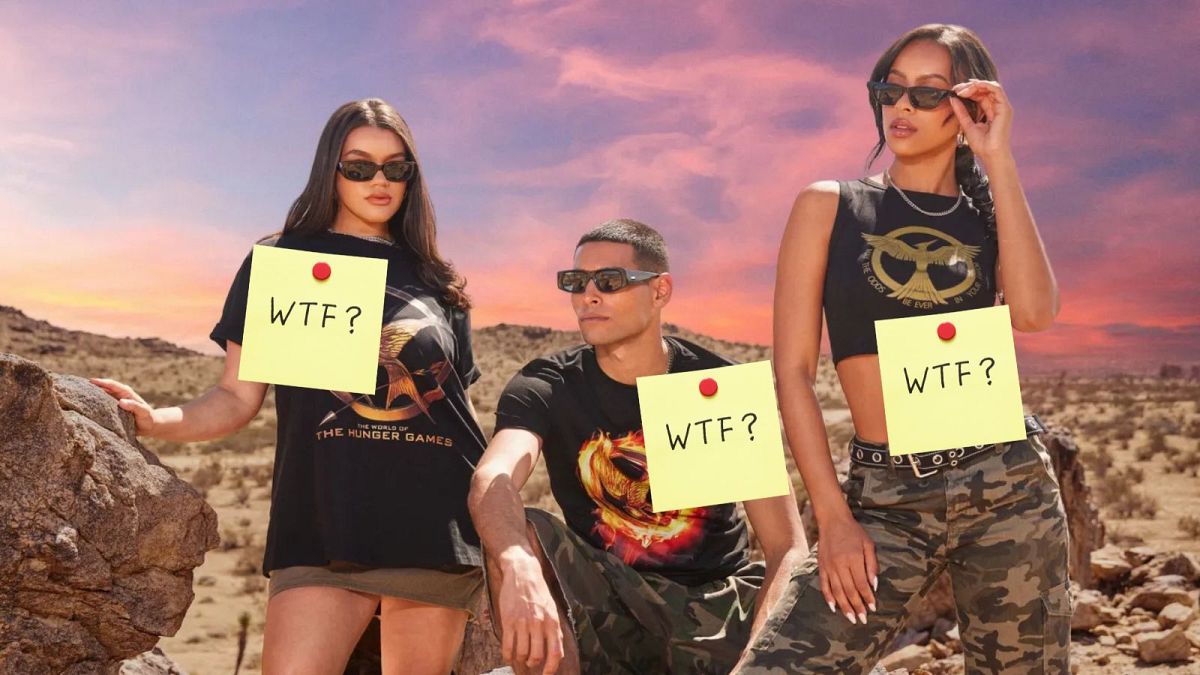
 We deliver critical software at unparalleled value and speed to help your business thrive
We deliver critical software at unparalleled value and speed to help your business thrive






 English (US) ·
English (US) ·